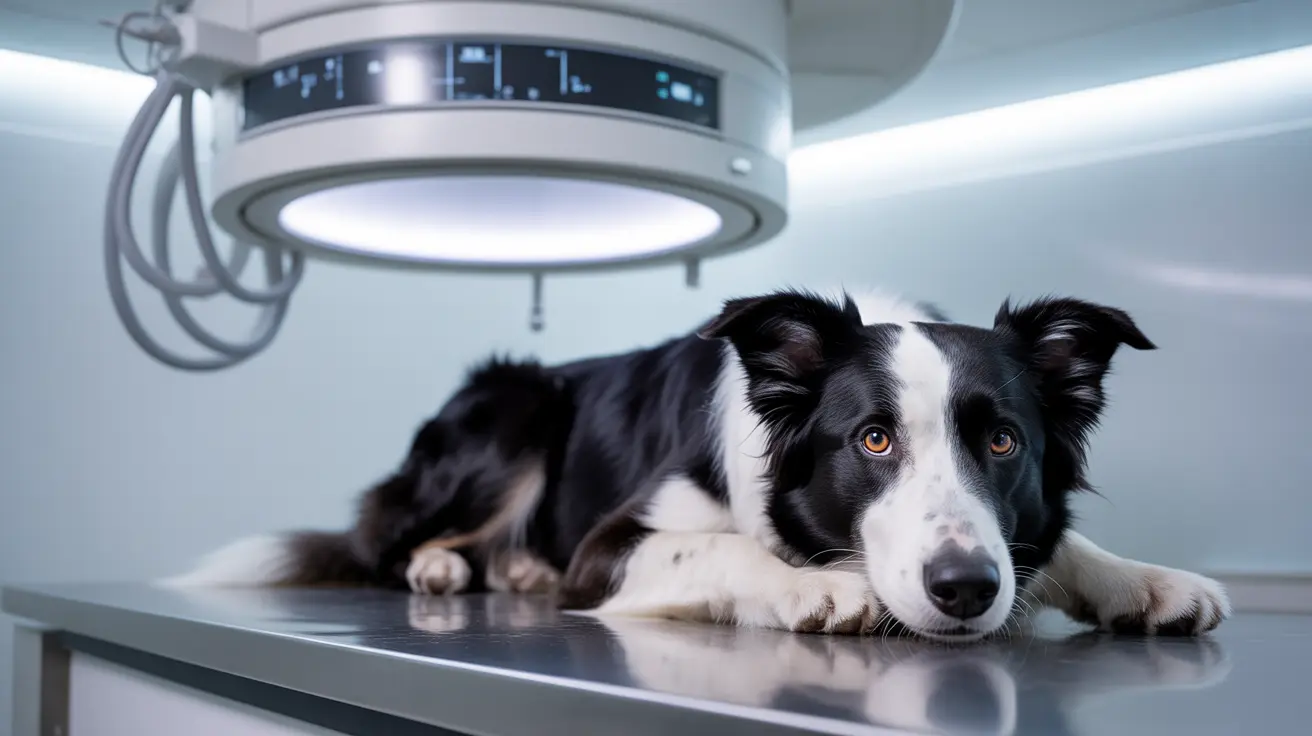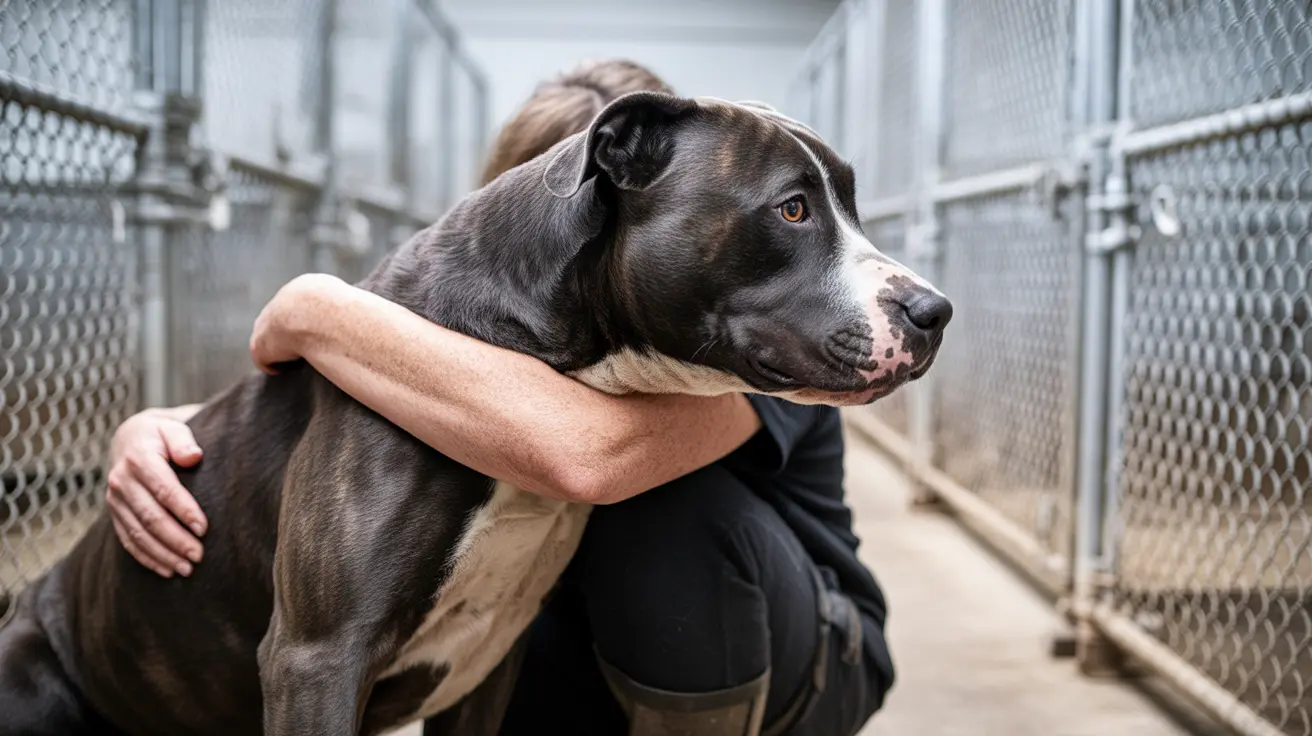When your veterinarian recommends an MRI for your dog, understanding the associated costs and what to expect can help you make informed decisions about your pet's care. This comprehensive guide breaks down everything you need to know about dog MRI costs, the procedure itself, and important considerations for pet owners.
While MRIs provide invaluable diagnostic information, they represent a significant investment in your pet's health. Let's explore the costs involved and what factors influence the final price tag of this important diagnostic tool.
Understanding Dog MRI Costs
The cost of a dog MRI typically ranges from $2,300 to $6,000, with most pet owners paying between $2,500 and $5,000. This wide price range reflects various factors, including geographical location, the complexity of the scan, and the facility's expertise.
High-end veterinary specialty centers may charge more than $5,000, particularly when multiple areas need to be scanned. However, some facilities might offer more affordable options, though these usually don't include additional necessary services like anesthesia or specialist consultation.
Factors That Influence MRI Pricing
Several key elements affect the final cost of your dog's MRI:
- Size of your dog (larger dogs require more anesthesia)
- Number of areas being scanned
- Geographic location and local market rates
- Facility type (specialty center vs. teaching hospital)
- Additional services required (pre-testing, consultation, interpretation)
The Complete Cost Breakdown
Basic MRI Package Components
A typical dog MRI cost includes:
- Initial consultation: $250-$500
- Pre-anesthesia testing: $50-$150
- Anesthesia: $200-$500
- Core MRI scan: $2,000-$4,000
- Veterinary interpretation: $75-$200
Additional Potential Expenses
Pet owners should also consider these possible extra costs:
- Multiple area scans: Additional $2,000-$4,000
- Post-procedure monitoring: $300-$800
- Follow-up care: $100-$3,000+
Managing the Financial Impact
Insurance Coverage
Many pet insurance policies cover diagnostic imaging, including MRIs, after meeting the deductible. It's crucial to verify coverage details and requirements before proceeding with the scan.
Payment Options
Most veterinary facilities offer various payment solutions:
- Payment plans
- Care Credit or similar medical credit cards
- Sliding scale fees at teaching hospitals
- Financial assistance programs
The MRI Procedure Process
Before the Scan
Preparation typically involves:
- Fasting for 12 hours before the procedure
- Pre-anesthesia blood work
- Consultation with the veterinary team
During the Procedure
The MRI scan itself takes 30-60 minutes, during which your dog will be:
- Under general anesthesia
- Carefully monitored by veterinary staff
- Positioned properly for optimal imaging
Post-Procedure Care
After the MRI, expect:
- Several hours of monitoring during anesthesia recovery
- Detailed instructions for at-home care
- Follow-up appointment scheduling
Frequently Asked Questions
How much does a dog MRI typically cost, and what factors affect the price?
A dog MRI typically costs between $2,300 and $6,000. The final price depends on factors like your location, the facility type, your dog's size, and the number of areas being scanned. Additional costs like anesthesia and pre-testing can also impact the total.
Why is anesthesia required for a dog MRI, and what are the associated risks?
Anesthesia is necessary because dogs must remain completely still during the MRI to ensure clear images. While generally safe, anesthesia carries minimal risks, which is why pre-procedure testing is required. The anesthesia risk is carefully evaluated based on your dog's age, health status, and medical history.
How do I prepare my dog for an MRI scan, and what care is needed afterward?
Your dog will need to fast for 12 hours before the procedure. After the scan, most dogs return home the same day but may need quiet rest for 24 hours. Follow your vet's specific instructions for post-procedure care, which may include monitoring for unusual behavior or symptoms.
Does pet insurance cover dog MRI scans, and what should I check for in a policy?
Many pet insurance policies cover MRI scans, but coverage varies by provider and plan. Check your policy for specific coverage limits, pre-existing condition exclusions, and whether pre-approval is required. Some policies may have waiting periods before coverage begins.
What are the benefits of using an MRI for diagnosing dog health issues compared to other imaging methods?
MRIs provide superior soft tissue detail compared to X-rays or CT scans, making them especially valuable for diagnosing neurological conditions, spinal issues, and soft tissue injuries. They can reveal problems that other imaging methods might miss, leading to more accurate diagnoses and treatment plans.
Conclusion
While dog MRI costs can be substantial, understanding the pricing structure and available payment options can help you make the best decision for your pet's health. Consider pet insurance coverage, explore different facilities, and discuss payment plans with your veterinary team to manage the expense effectively.
Remember that an MRI's diagnostic value often justifies its cost by enabling precise treatment plans and potentially better outcomes for your furry family member.






